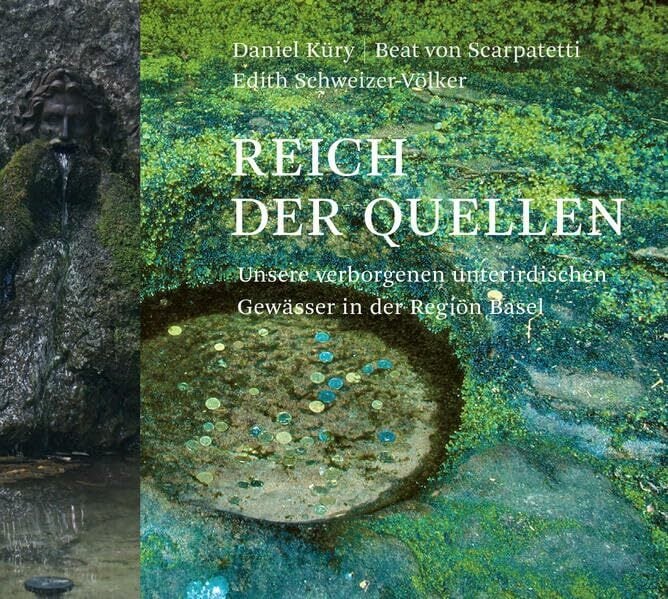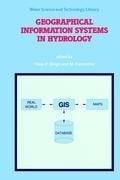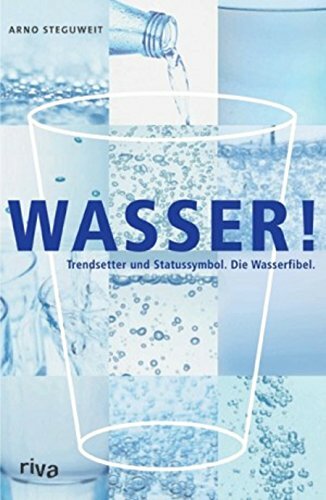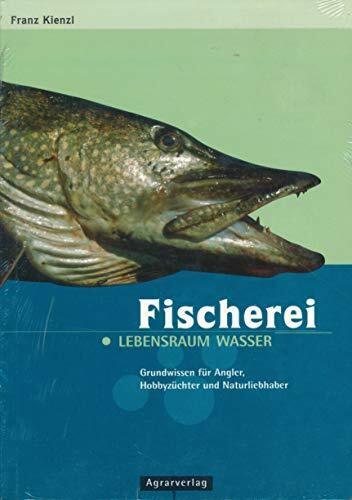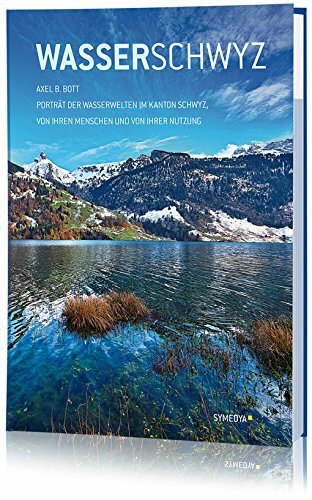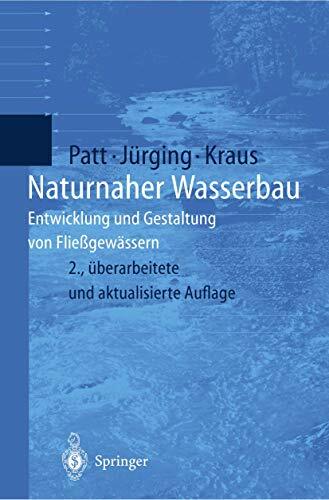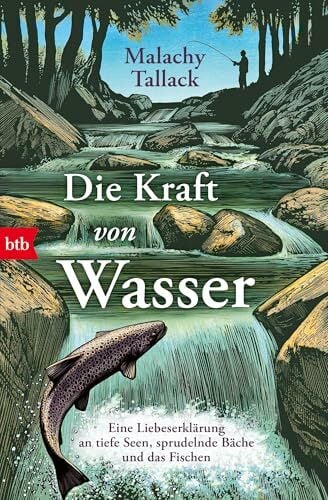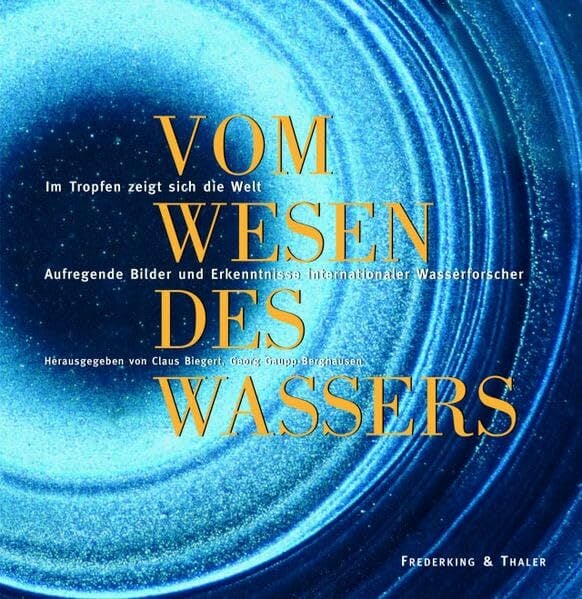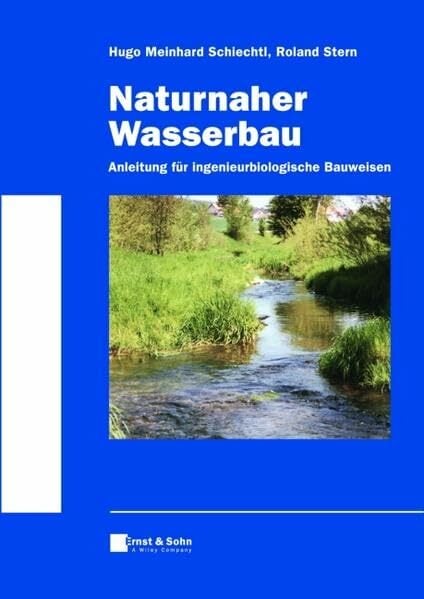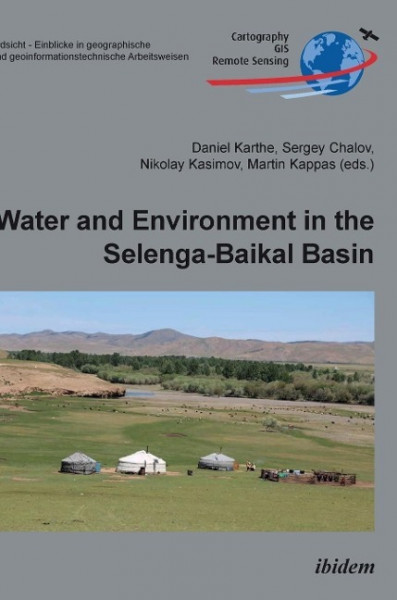
Water and Environment in the Selenga-Baikal Basin
Kurzinformation
inkl. MwSt. Versandinformationen
Artikel zZt. nicht lieferbar
Artikel zZt. nicht lieferbar

Beschreibung
Water and Environment in the Selenga-Baikal Basin von Kappas, Martin
Produktdetails

So garantieren wir Dir zu jeder Zeit Premiumqualität.
Über den Autor
Dr. Daniel Karthe works as a scientist at the Helmholtz Centre for Environmental Researchin Magdeburg, Germany. He has coordinated several international research projectson water resources management in the Selenga River Basin. Having obtained hisPhD from Goettingen University (2009), his research interests include Integrated WaterResources Management (IWRM), hydrology, water quality, water hygiene, and urbanwater management. Currently, he is the speaker of the working group of Hydrology ofthe German Geographical Society.Prof. Dr. Sergey R. Chalov received his M.Sc. and Ph.D degrees in Fluvial Processesand Hydrology from the Faculty of Geography, Lomonosov Moscow State University, in2004 and 2007 respectively. His research interests cover a vast range of water-relatedtopics, including fl uvial processes, environmental hydraulics, hydraulic risks, sedimenttransport, transboundary rivers and sediment transport. He is the author of more than90 journal papers and 4 books and has a signifi cant expertise on the Selenga RiverBasin.Prof. Dr. Nikolay Kasimov is the President of the Faculty of Geography at the LomonosovMoscow State University and Head of the Department of Landscape Geochemistryand Soil Geography. He is a full member of the Russian Academy of Sciences and servesas First Vice-President of the Russian Geographical Society. Prof. Kasimov is amongRussia's leading experts in environmental geochemistry. He coordinated numerous internationalresearch projects, including the Russian Geographical Society's project onSelenga-Baikal research. He is the author of more than 300 scientifi c publications.Prof. Dr. Martin Kappas is Professor for Physical Geography and holds the Chair of Cartography,Geographic Information Systems (GIS), and Remote Sensing (RS) at the Instituteof Geography, Goettingen University. His research interest is the use of RS / GIS andin situ data to study landscape dynamics, including land cover / land use change (LULCC)for the future development and evaluation of ecosystem services under changing societaldevelopment. Another long-term research focus is the investigation of climate and humanimpact on vegetation in Central Asia where he developed methods for the acquisition ofbiophysical variables (LAI, fPAR etc.) to model NPP, GPP, NEP, and ecosystem services.

- hardcover
- 252 Seiten
- Erschienen 2007
- Springer

- Gebunden
- 463 Seiten
- Erschienen 2012
- Springer

- Taschenbuch
- 202 Seiten
- Erschienen 2012
- Routledge

- hardcover -
- Erschienen 1989
- Kosmos Verlag
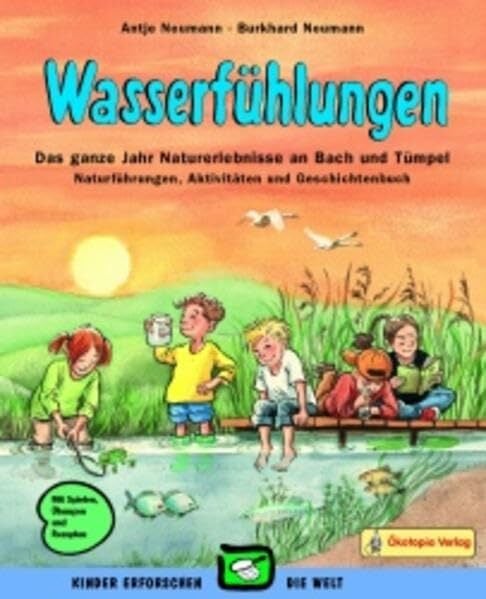
- Hardcover
- 128 Seiten
- Erschienen 2009
- Okotopia

- Gebunden
- 304 Seiten
- Erschienen 2020
- Insel Verlag

- Kartoniert
- 159 Seiten
- Erschienen 2012
- verlag das netz

- Kartoniert
- 610 Seiten
- Erschienen 2019
- Springer Vieweg

- Taschenbuch
- 139 Seiten
- Erschienen 2006
- WORLD HEALTH ORGN
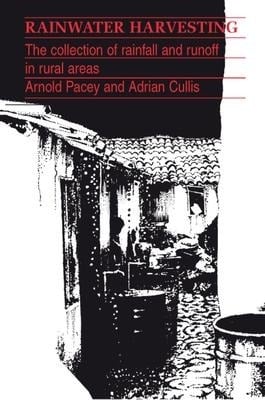
- Taschenbuch
- 224 Seiten
- Erschienen 1986
- ITDG Publishing








